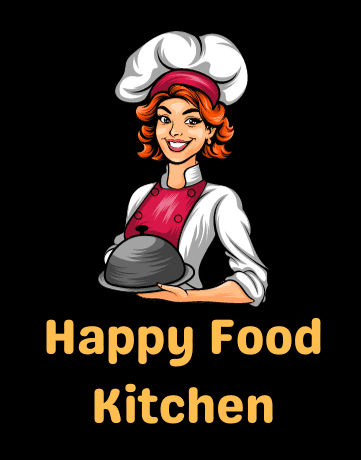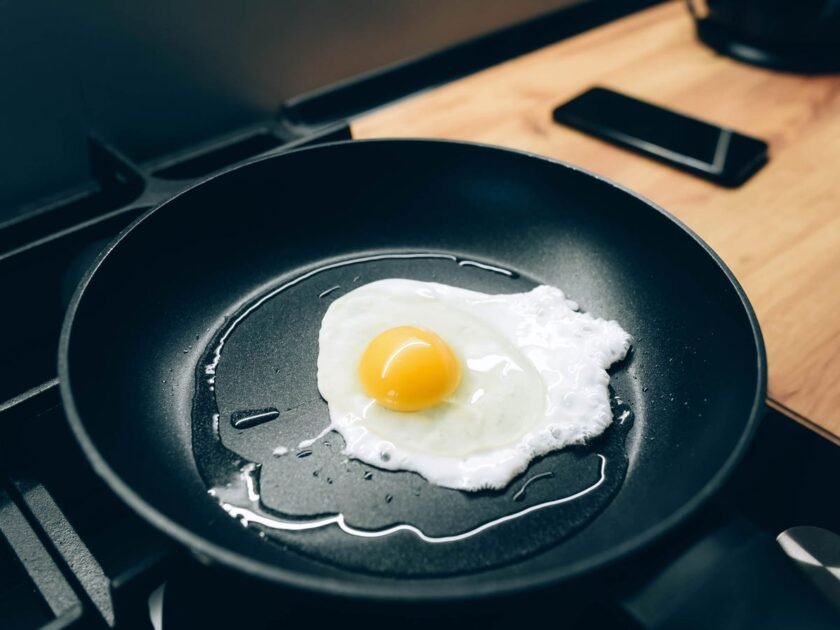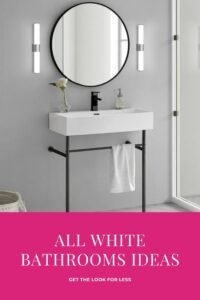Aluminium cookware is not banned in Europe, but some countries have restricted certain products. Knowing the safety regulations for aluminium cookware in the EU is essential.
Overview Of Aluminum Cookware In Europe
There is no EU-wide ban on aluminium cookware in Europe, but some countries have restricted certain products. It is generally considered safe to use, except for poor or tainted sources of aluminium.
Is aluminium cookware banned in Europe?
When it comes to aluminium cookware, one question that often arises is whether it is banned in Europe. The answer is no; there is no EU-wide ban on aluminium cookware. However, it’s important to note that aluminium cookware oversight varies among European countries. While there may not be a complete ban, certain restrictions have been put in place in some countries to regulate the use of aluminium cookware.
Controversies And Restrictions
Although aluminium cookware is not banned in Europe, there have been controversies surrounding its use. Some concerns include the potential leaching of aluminium into food, especially when cooking wet and acidic dishes. It is believed that damp and acidic foods can cause more metal to leach into the food than dry and non-acidic items.
Additionally, some European countries have restricted the use of aluminium household foil in certain kindergartens and schools. These restrictions are primarily based on environmental concerns and aluminium foil’s perceived poorer environmental performance.
Safety Considerations
Regarding safety considerations, taking certain precautions when using aluminium cookware is essential. Avoid using worn and older pots, as aluminium’s soft and malleable properties can make them hazardous when exposed to high temperatures. When heated at high temperatures for a long time, aluminium potsy can melt and become molten aluminium, posing a potential risk.
Overall, while aluminium cookware is not banned in Europe, it is essential to be aware of its use controversies and potential safety risks. Taking necessary precautions, such as avoiding cooking acidic foods in uncoated aluminium, can help minimize the potential leaching of aluminium into food.
Health Effects And Recommendations
There is an ongoing debate about the potential health effects of aluminium cookware. While the long-term impact of consuming aluminium is unknown, some health agencies recommend minimizing dietary intake as much as possible to reduce potential risks.
Long-term Health Effects Of Aluminum Consumption
Although the long-term health effects of aluminium consumption are still uncertain, it is believed that high levels of aluminium in the body could be linked to conditions such as Alzheimer’s disease and bone disorders. While more research is needed to establish a definitive link, taking precautions to minimize exposure to aluminium is advisable.
To reduce the risks associated with aluminium consumption, here are some recommendations:
- Avoid cooking wet, acidic foods on uncoated aluminium.
- Minimize the use of aluminium foil for cooking or storing food.
- Choose alternative cookware materials, such as stainless steel or cast iron.
- Avoid using old or worn aluminium cookware, which may release more aluminium into the food.
Minimizing Dietary Intake Of Aluminum
To minimize dietary intake of aluminium, it is essential to be mindful of the following:
- Avoid using aluminium cookware with scratches or signs of wear, as these can leach more aluminium into your food.
- Limit your consumption of processed foods, as they may contain aluminium additives.
- Avoid aluminium-containing antacids or baking powders; opt for alternatives whenever possible.
Avoiding Cooking Wet, Acidic Foods In Uncoated Aluminum
When cooking with aluminium, it is crucial to prevent wet, acidic foods on uncoated aluminium cookware. Wet and acidic ingredients can cause the metal to leach into the food, increasing your exposure to aluminium. Instead, opt for alternative cookware materials or coated aluminium pans to minimize aluminium transfer.
Following these recommendations and being mindful of using aluminium cookware can minimize the potential health risks of aluminium consumption.
Regulations And Standards For Aluminum Cookware In Europe
Regulations and standards for aluminium cookware in Europe vary, with specific products restricted in some countries. However, aluminium cookware is generally considered safe if sourced from reputable manufacturers.
A Brief History Of Aluminum Regulations
Regarding aluminium cookware, regulations and standards play a crucial role in ensuring the safety and quality of these products. Throughout history, there have been various developments in the rules surrounding aluminium cookware in Europe.
Initially, there were concerns about the potential health risks of aluminium cookware, particularly its potential to leach into food during cooking. As a result, European countries started taking measures to regulate the use of aluminium in cookware.
Current Regulations And Standards
Today, there is no EU-wide ban on aluminium cookware. However, specific regulations and standards have been implemented in different countries to address the safety concerns associated with these products.
In Europe, oversight of aluminium cookware varies from country to country. Some countries have introduced restrictions on specific types of aluminium cookware, particularly those with non-stick coatings that may contain harmful substances. These restrictions safeguard consumer health and prevent exposure to potentially toxic materials.
Lab Testing Requirements For Cookware
Aluminium cookware manufacturers must undergo lab testing to ensure compliance with the regulations and standards. This testing is designed to assess various aspects of the cookware, including its composition, durability, heat distribution, and resistance to leaching.
During the lab testing process, the cookware is subjected to rigorous evaluation to determine if it meets the specific requirements set by the regulatory bodies. These tests help identify potential safety hazards and ensure the cookware is high quality and suitable.
In conclusion, while there is no EU-wide ban on aluminium cookware, there are regulations and standards to ensure these products’ safety and quality. Manufacturers must adhere to lab testing requirements to comply with the rules and provide consumers with cookware free from potential health risks. By following these regulations, Europe seeks to prioritize consumer safety and well-being regarding aluminium cookware.

Frequently Asked Questions On Is Aluminum Cookware Banned In Europe | Latest Guide
Should You Avoid Aluminum Cookware?
Aluminum Aluminium is generally safe, but avoiding cooking wet, acidic foods in uncoated aluminium is recommended as it can cause the metal to leach into the food. While there is no EU-wide ban, some countries have restricted the use of certain aluminium products.
Ensuring that your aluminium cookware is from a reputable source is essential.
Is aluminium foil banned in Europe?
Aluminium is not wholly banned in Europe. However, some kindergartens and schools in certain European countries have banned its use due to concerns about its environmental impact. Aluminium foil is still allowed for general household purposes in Europe.
Is it safe to cook in vintage aluminium pans?
Yes, it is generally safe to cook in vintage aluminium pans. However, avoiding cooking wet and acidic foods in uncoated aluminium pans is recommended, as they can cause more metal to leach into the food. Additionally, be cautious with older, worn-out aluminium pans, which may melt at high temperatures.
Why are cooks warned not to use aluminium?
Cooks are warned not to use aluminium cookware for cooking acidic foods due to potential chemical reactions and corrosion. Aluminium pots can release more metal into food when cooking wet, acidic ingredients.
Conclusion
AluminiumAluminum cookware is not banned in Europe. While there is no EU-wide ban, certain products have been restricted in some countries. It is important to use good-quality aluminium cookware from reputable sources to ensure its safety. Additionally, cooking wet, acidic foods in uncoated aluminium should be avoided, as it increases the leaching of the metal into the food.
It is always recommended to prioritize using safe and reliable cookware options for optimal health.

Hi, I’m Esrat, and I’m so glad that you found me here at Happy Food Kitchen! I started Happy Food Kitchen in 2023 to have a creative, right-brained outlet to balance my very left-brained career in genetics.






